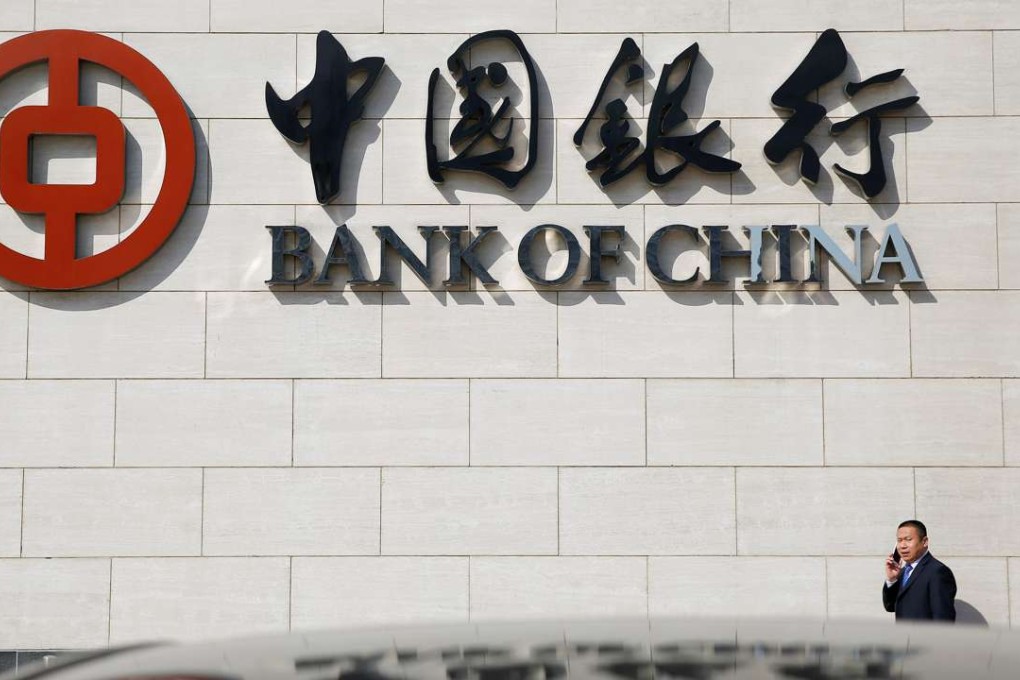Ten mainland China banks given access to venture capital and private equity business
Way cleared for investment in young tech companies

Ten banks, led by Bank of China and state policy lender China Development Bank, have been granted access to the mainland’s venture capital and private equity markets following the removal of a legal bar on banks holding equity in non-financial companies they lend money to.
Under the initial phase of a pilot scheme – as the China Banking Regulatory Commission and lenders test out the amended law – banks will be able to structure mezzanine financing deals via a mix of loans, debt capital and equity financing as venture capital or private equity investments in young technology companies.
The lenders will be entitled to equity in the companies, in part as capital investment and in part as a hedge in case they do not get repaid. They will have the freedom to pick the project maturity they want, ranging from early-stage seed capital for the unproven, to late stage pre-IPO funding for companies with proven technology.
This is just the first step in allowing banks to be involved in early-stage equity investments
Leon Qi, head of greater China financials research at Daiwa Capital Markets, said that unlike the mainland’s planned debt-to-equity swap programme – which would involve banks taking equity in struggling companies operating in industries with excess capacity – the venture capital move was a way for the mainland banking industry to catch a new wave.
Mainland banks have found themselves engaged in frequent skirmishes with young tech companies seeking to disrupt their revenue models in everything from payments to wealth management sales.
“This is just the first step in allowing banks to be involved in early-stage equity investments,” Qi said. “To banks, it will blaze a trail of stepping into non-bank financial businesses, which is a long-term trend in the China financials industry.”
Fitch Ratings said the move would also remedy a longstanding malaise that had seen Chinese tech companies driven offshore to seek their first seed capital.